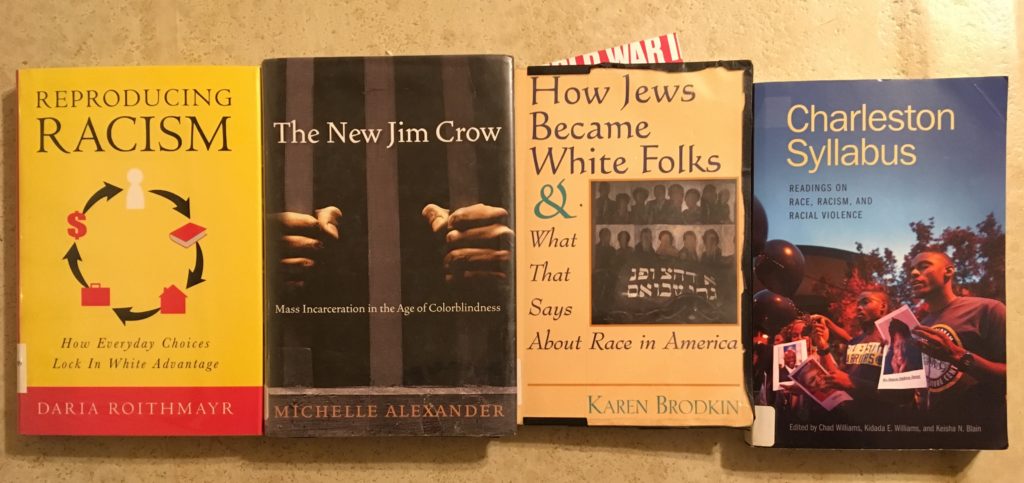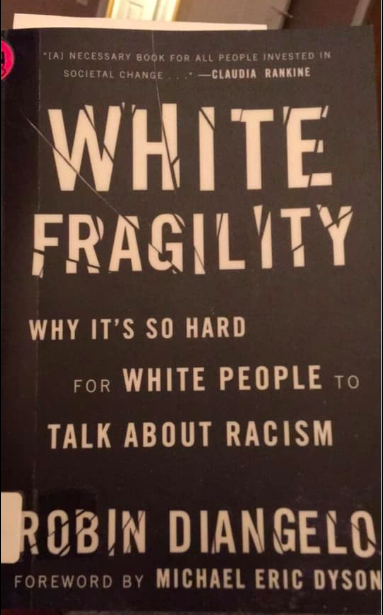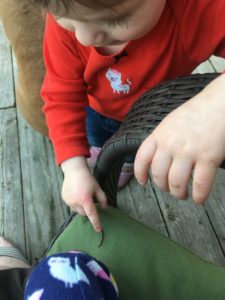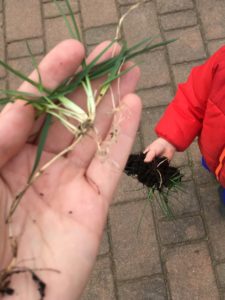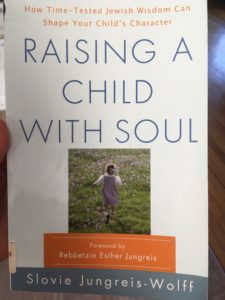Punished by Rewards by Alfie Kohn is essential Charlotte Mason reading. Full stop.
You need to read it.

I liked it so much that I bought a copy. It’s definitely a “reread periodically as a reminder” book.
I originally read the older version but bought the 25th Anniversary version. There are lots of used copies, and quite affordable.
A must for your parenting library.
You might even learn something about yourself along the way. I love that the book focuses on three areas: parenting, school, and the workplace.
Further Reading:
Mindset: The New Psychology of Success by Carol Dweck: the book that established the now well-established field of growth versus fixed mindsets, your perspective on your potential, intellect, and abilities. Her work is foundational for Kohn’s work here, and it’s also required Charlotte Mason reading.
